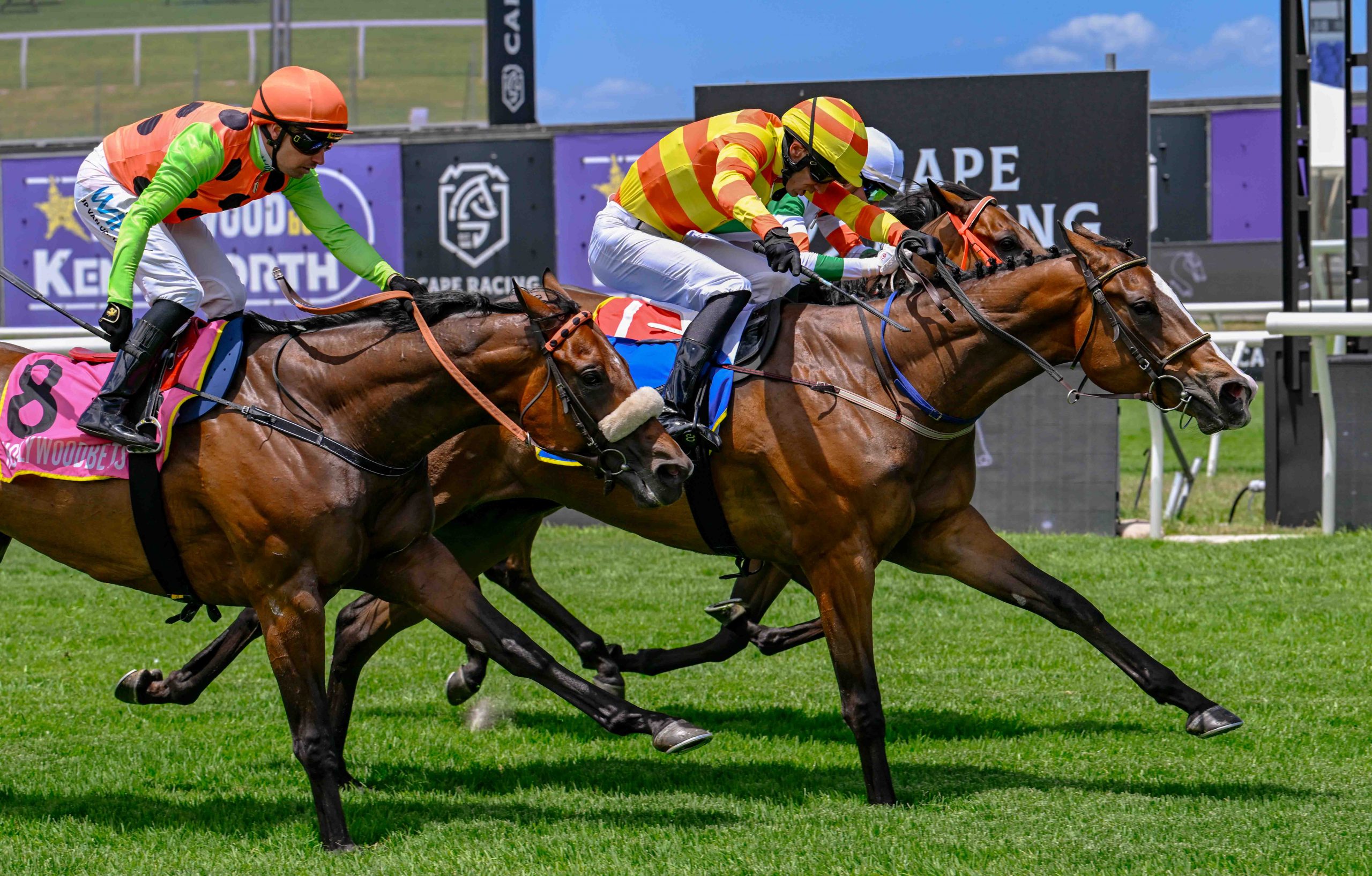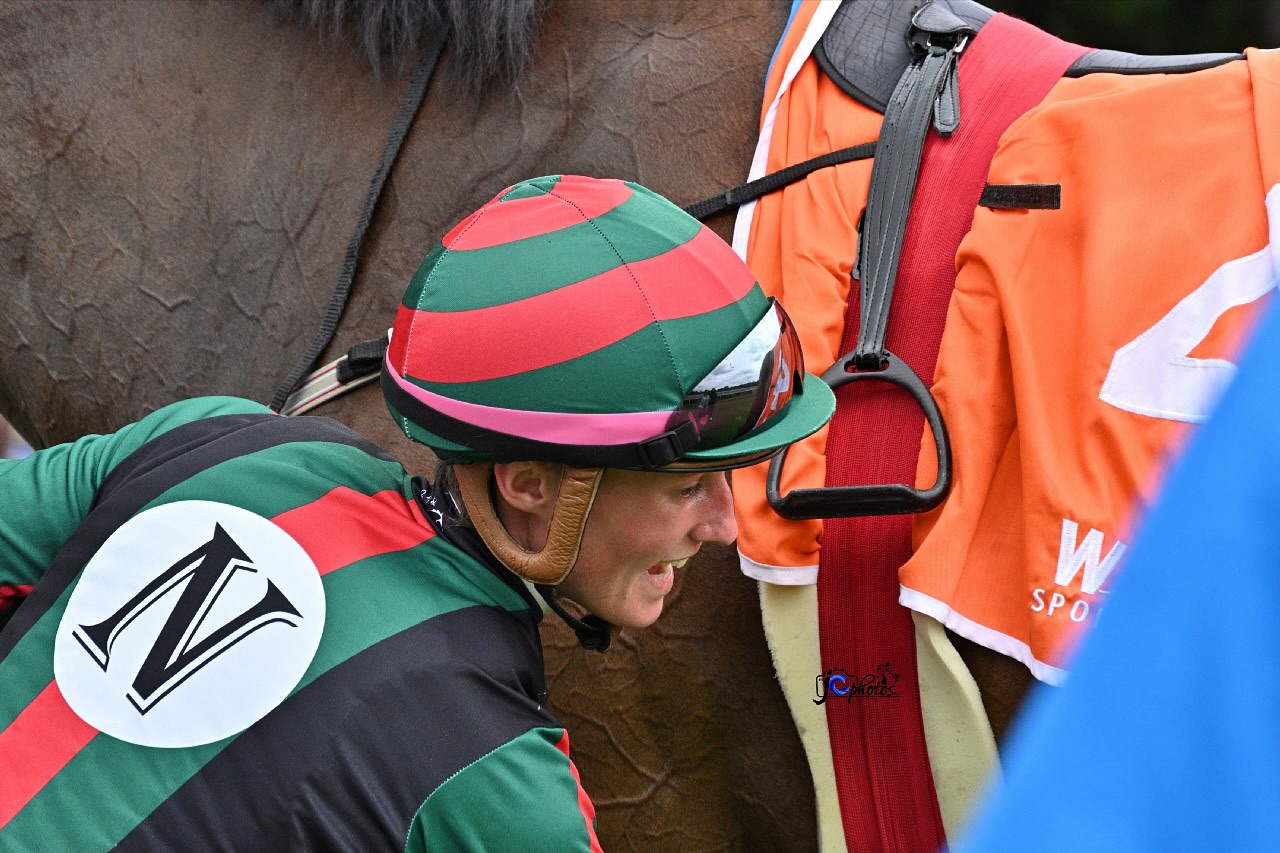A rumour is circulating at the TBA Sales Complex that Mauritius has been closed for exports.
This is not true. Just last week 63 horses were imported to Mauritius, 45 of which had completed their 21 day pre-export isolation at Kenilworth Quarantine Station in Cape Town and which are ultimately destined for entry to the European Union (EU). The horses were certified under the existing import conditions as prescribed by the Mauritian Veterinary Authority. On average this arrangement facilitates the annual import of 100 horses from South Africa to support the Mauritius Racing Industry, a very important market for South Africa.
The confusion appears to surround the onward travel of horses to the EU. Following a routine inspection of the Mauritian Veterinary Authority by the EU in 2009, the temporary import of horses to the EU was withdrawn as a consequence of Mauritius not being able to comply with the EU’s import requirements. The EU now only permits the certification of permanent horse imports from Mauritius following a 90 day residency, the last 40 days being under vector-protected conditions.
In order for Mauritius to regain its official status to be able to ship horses to the EU on temporary papers (40 day residency), it would have to align their import conditions for South African horse exports to that prescribed by the EU. I.e Instead of the current 21 day isolation pre-export to Mauritius, horses would have to undergo a 40 day pre-export quarantine under vector-protected conditions. However, this has a significant impact on the cost of delivery of permanent imports to Mauritius.
Regarding the outbreak of AHS in the Surveillance Zone in the Western Cape, the following report was published in this weekend’s Sporting Post:
“The Department of Veterinary Services Western Cape and Equine Research Centre (Faculty of Veterinary Science, Onderstepoort) will continue to manage the present outbreak of AHS that occurred in Mamre in the Surveillance Zone, approximately 60kms from Kenilworth Quarantine Station. All attempts have been made to contain the outbreak by placing a movement ban on all horses within the quarantine area (Malmsbury District) and to vaccinate all susceptible horses with Serotype 1, the serotype isolated from the outbreak. The team will continue to tie up all epidemiological evidence to determine the source of the outbreak. Once the clinical end point has been reached, a detailed report on all aspects of the outbreak will be circulated to all potential importing countries and interested parties.
In terms of the present OIE (World Organisation for Animal Health) Code Chapter for AHS, an outbreak of AHS in the Surveillance Zone results in the loss of South Africa’s AHS free status for a period of 12 months after the clinical end point of the outbreak. This is subject to a surveillance programme that has demonstrated no evidence of AHS virus in the Surveillance Zone for that period which includes next season’s high risk period for AHS virus. Realistically, presuming the clinical end point is reached by the end of May 2011 and, there are no new outbreaks of AHS in the AHS Controlled Area, South Africa is not likely to regain its AHS free status before June 2012.
South Africa’s biggest trading partner by the number of direct shipments, the European Union, is bound by legislation incorporated in their import conditions for horse exports from South Africa which has resulted in a two year embargo following past outbreaks.
During the process of attempting to regain South Africa’s AHS free status via the OIE, a small task team from the Import Export Working Group is considering all options to resume exports on a limited basis in 2011 from Kenilworth Quarantine Station under existing regulations provided by the OIE AHS Code. The task team is targeting important trading partners and working closely with the veterinary departments attached to the individual racing jurisdictions.
Earlier this year, the South African Veterinary Services hosted a delegation from Qatar to inspect South Africa’s AHS control measures. An official invitation has also been extended to the UAE’s Higher Technical Committee.”
Peter Gibson, CEO – Racing South Africa









